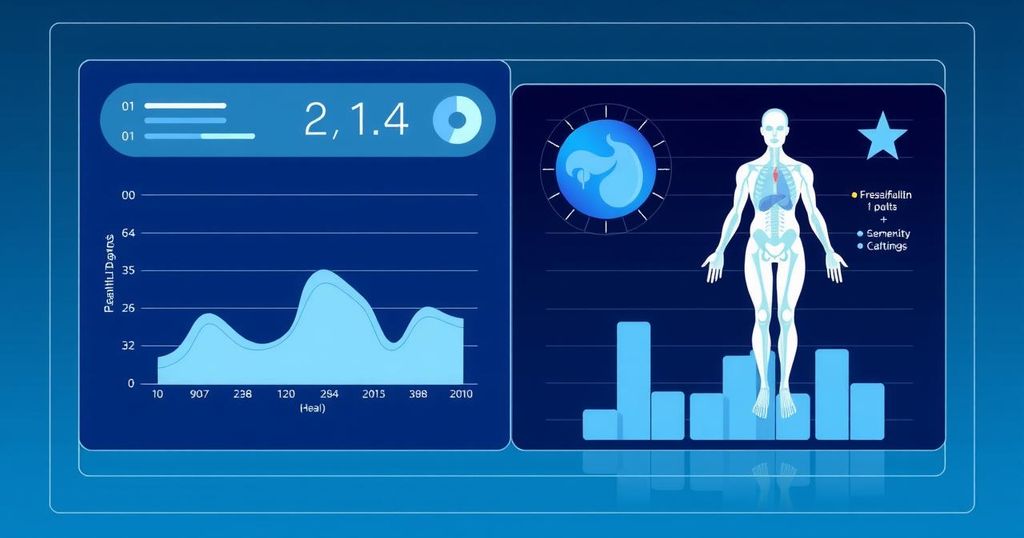The Transformative Power of Artificial Intelligence in Healthcare
Artificial Intelligence is set to transform healthcare within 5-6 years by enhancing patient care, improving disease detection, and making treatments more affordable. Dr. D. Nageshwar Reddy emphasizes accurate data is key to successful AI applications, warning against the risks of poor data integrity and cybersecurity breaches. AI stands to revolutionize diagnostics and operational efficiency, but careful regulation is essential.
Artificial Intelligence (AI) is poised to revolutionize healthcare within the next 5-6 years, enhancing everything from patient care to disease detection and treatment effectiveness. According to Dr. D. Nageshwar Reddy, a prominent gastric specialist and chairman of AIG Hospital, AI will streamline operations, potentially reducing healthcare staff needs while making treatments more affordable.
In an exclusive interview, Dr. Reddy highlighted that AI will not only speed up healthcare processes but also improve their overall efficiency, potentially lowering patient bills by 20 to 30 percent. With AI analyzing vast amounts of data, it aims to facilitate better decision-making, alleviating some staffing shortages in healthcare facilities.
Dr. Reddy emphasized the significance of accurate data input, stating, “If AI is provided with accurate information, it will deliver accurate results.” He also reassured that artificial intelligence complements but does not replace doctors, serving as a valuable assistant in treatment.
Sharing a cautionary note, Dr. Reddy remarked that doctors who fail to incorporate AI into their practice might lag behind their peers. During a lecture, he recounted instances where AI tools successfully detected critical illnesses that traditional methods overlooked, showcasing its vital role in diagnosis and treatment.
Illustrating an example, Dr. Reddy discussed how AI analysis of an MRI, initially deemed normal, correctly predicted a patient’s risk for pancreatic cancer, affirming AI’s prowess in accurately diagnosing diseases. Another case involved a suspected TB patient; AI discerned an anomalous protein and a subtle X-ray mark, leading to timely diagnosis and treatment, saving the patient from severe illness.
AI’s capabilities extend to surgical precision and real-time monitoring through wearable technology. Smartwatches and rings track vital health metrics and alert wearers to any concerning deviations, allowing for prompt medical intervention. The innovation thus far has significantly accelerated drug discovery timelines, reducing years of development to mere months, as seen with the rapid production of COVID-19 vaccines.
Though the benefits of AI are dazzling, challenges persist. Dr. Reddy warned that maintaining data accuracy is crucial; corrupted data could lead to grave errors. Security issues loom large, with a clear necessity for regulations governing AI in healthcare to safeguard against potential misuse.
In sum, the integration of AI into healthcare promises monumental advances in how patients receive care, potentially improving outcomes and affordability. However, it requires careful management of data integrity and security to realize its full potential.
As AI weaves its way into healthcare, it promises to elevate patient care while reducing costs. However, the success of this transformation hinges on maintaining high data standards and developing robust cybersecurity measures. With visionary leaders like Dr. Reddy championing AI’s potential, healthcare might soon become vastly more efficient, accessible, and effective for all.
Original Source: zeenews.india.com




Post Comment